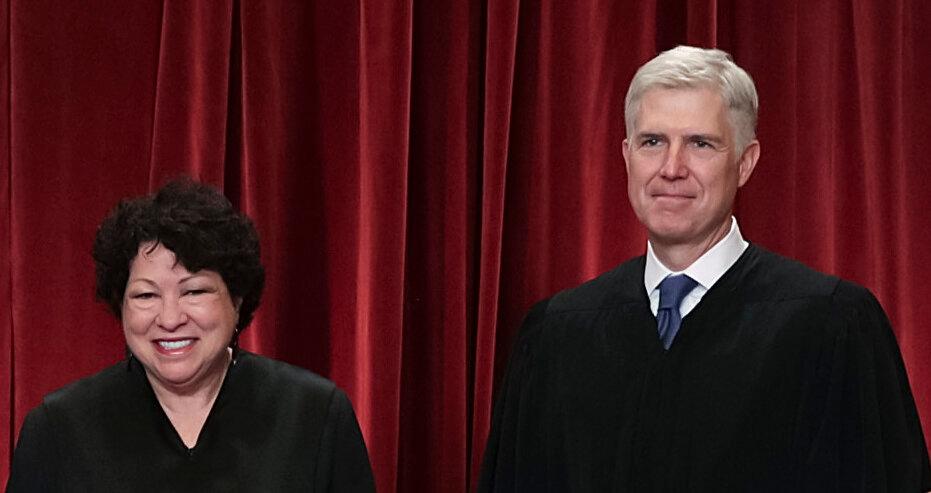The Supreme Court seemed inclined to send a dispute involving Coinbase, a major cryptocurrency exchange that wants to force disgruntled customers into private arbitration instead of adjudicating their complaint in the courts, back to lower courts for reconsideration.
The customers’ claim that they were duped into paying $100 to enter a sweepstakes they had virtually no chance of winning was examined during oral arguments on Feb. 28 in Coinbase Inc. v. Suski.





